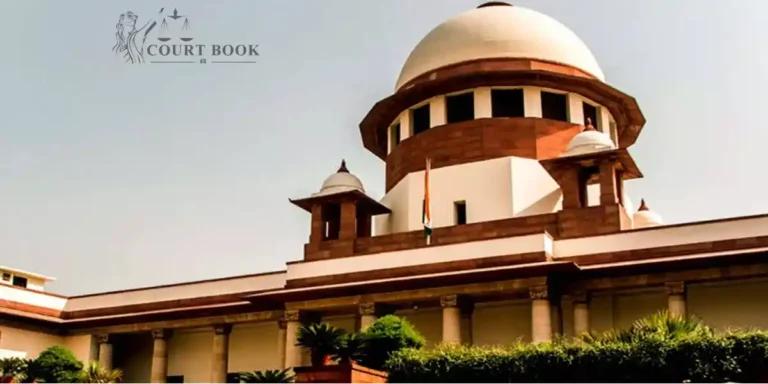The Supreme Court of India has upheld the validity of Rule 29(4) of the Copyright Rules, 2013, which prescribes specific details that broadcasters are required to include in their prior notice for seeking statutory licence under Section 31D of the Copyright Act, 1957.
A bench of Justices Abhay S. Oka and Ujjwal Bhuyan dismissed the constitutional challenge filed by Next Radio Ltd., operator of Radio One Network.
Read also: Supreme Court quashes criminal proceedings in Canara Bank fraud case after settling charges
The bench observed that…
“Having heard learned senior counsel appearing for the petitioners, we do not find any merit in the challenge to the constitutional validity of Rule 29(4) of the Copyright Rules, 2013.”
Background
Section 31D allows broadcasters to communicate literary and musical works and sound recordings without requiring individual licences from copyright holders, provided they issue prior notice detailing the intended use and pay royalties as determined by commercial courts.
Read also: Supreme Court cancels land allotment, Kamala Nehru Trust was to get 125 acres of land, there will be
Rule 29(4) specifies that such notice is required to contain certain key elements such as:
- Name of the broadcasting channels
- Regional coverage
- Work identification details
- Year of publication
- Name, address and nationality of the copyright owner
- Names of authors and principal artistes
- Proposed changes, if any
- Mode of broadcast
- Name of programme
- Time slot and duration
- Royalty payment details
- Address for maintaining records
On 20 April 2022, the Madras High Court dismissed a similar challenge by Next Radio Ltd, Association of Radio Operators for India and Ramesh Menon, holding that Rule 29(4) falls within the ambit of Section 31D and does not violate constitutional rights.
Read also: Supreme Court cancels land allotment, Kamala Nehru Trust was to get 125 acres of land, there will be
The petitioners had argued that certain sub-clauses of Rule 29(4), particularly those requiring full details of the work and its owners - go beyond the mandate of Section 31D and impose undue burden, particularly on live or on-demand broadcasts. They claimed that these provisions completely violate Articles 19(1)(a) and 19(1)(g) of the Constitution.
In response, the Union of India argued that Rule 29(4) complements Section 31D and ensures a fair balance between broadcasters and copyright owners. It highlighted that Section 31D(5) already requires disclosure of names of authors and performers, and Rule 29(1) contains two provisions that allow for notice within 24 hours in unforeseen circumstances such as live broadcasts. The Union also argued that deletion of Rule 29(4) would reduce statutory licences to the level of compulsory licences, thereby undermining the balance intended by the law.
Read also: Law student Sharmistha Panoli sent to 14 days judicial custody over controversial video on Operation
Private respondents Saregama India Limited, Phonographic Performance Limited (PPL) and Sony Music Entertainment supported the association's stance. They emphasised that broadcasters did not face practical difficulties in complying with Rule 29(4) and the information required for calculation of royalty was very essential.
The Madras High Court had concluded that Rule 29(4) was valid and in consonance with the purpose of the Copyright Act. It rejected the plea to interpret the rule as a mere direction and found that there was no violation of fundamental rights. Consequently, it dismissed the writ petition, which led Next Radio Limited to approach the Supreme Court.
With the dismissal of the special leave petition (SLP) by the Supreme Court, Rule 29(4) has been upheld, reinforcing the legal requirements for broadcasters to obtain a statutory licence under Section 31D.
Case no. – Petition for Special Leave to Appeal (C) No. 14373/2022
Case Title – Next Radio Limited & Anr. v. Union of India & Ors.















